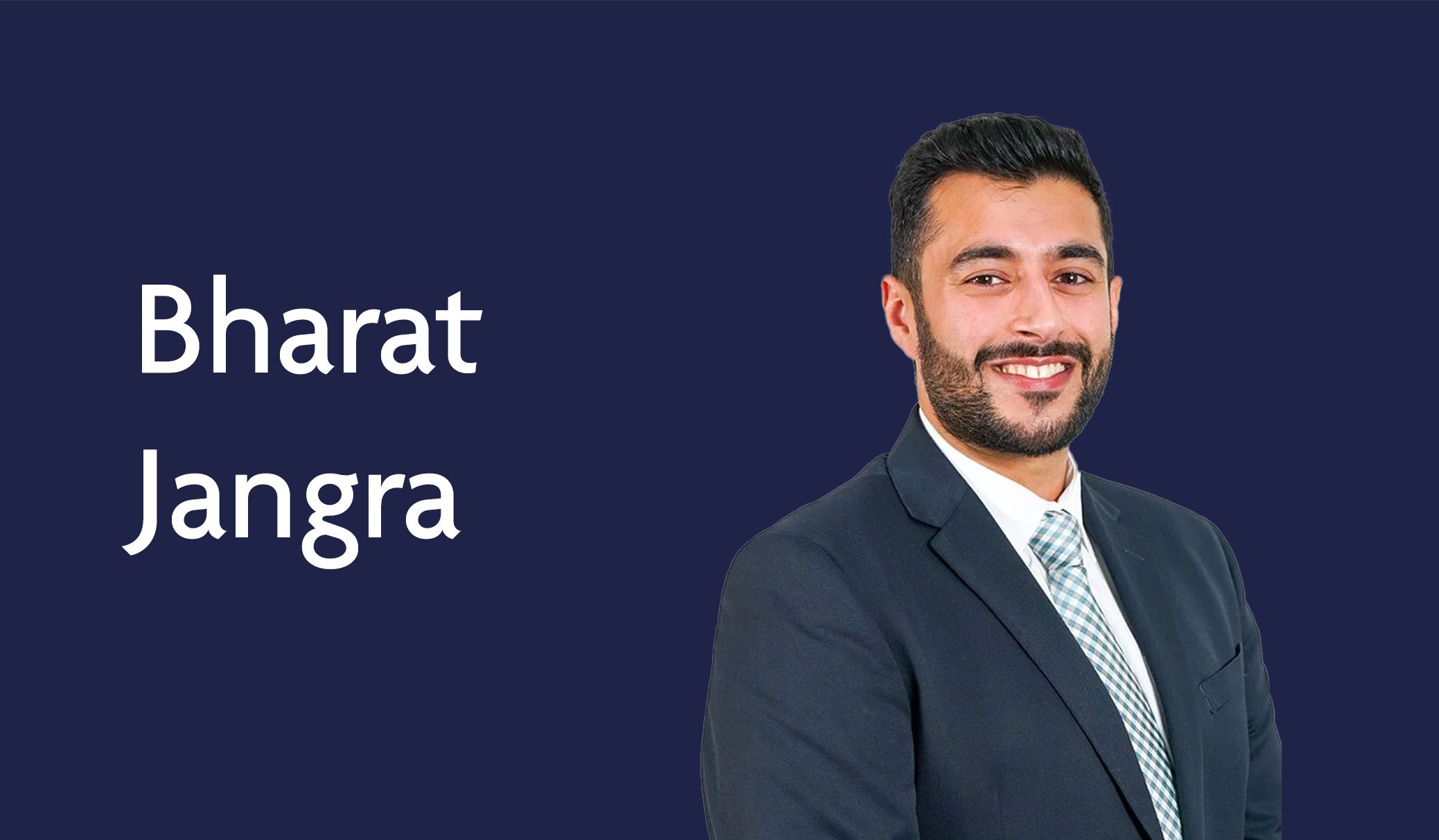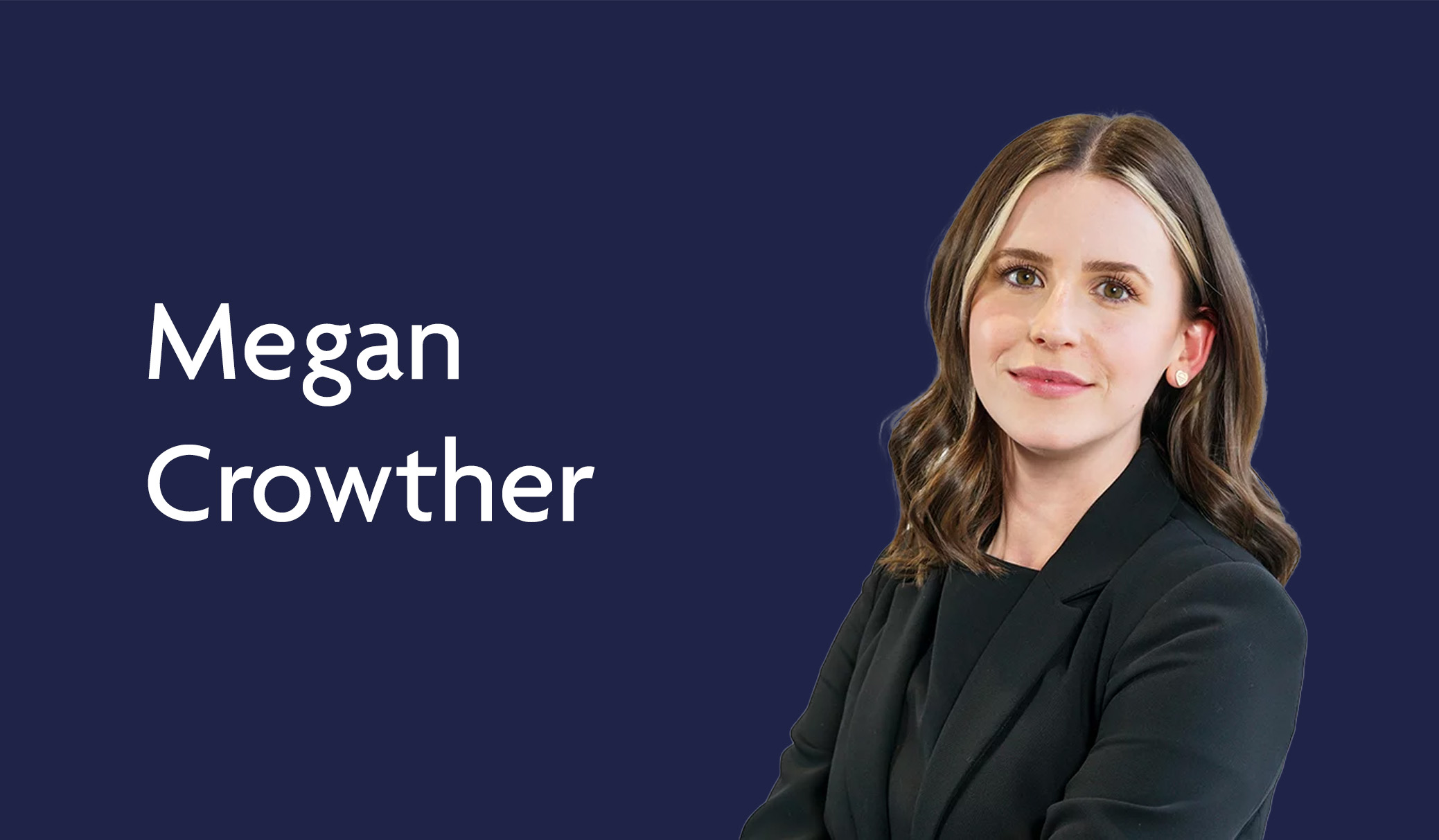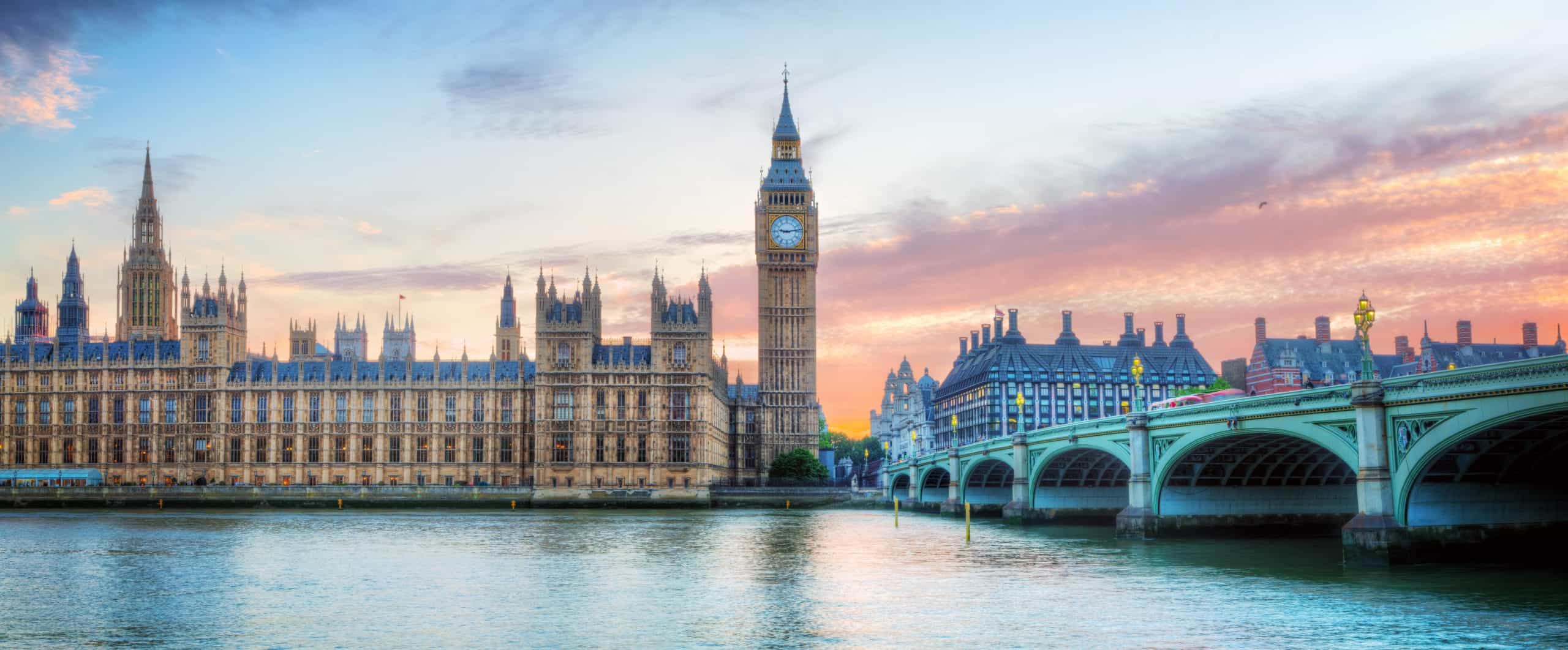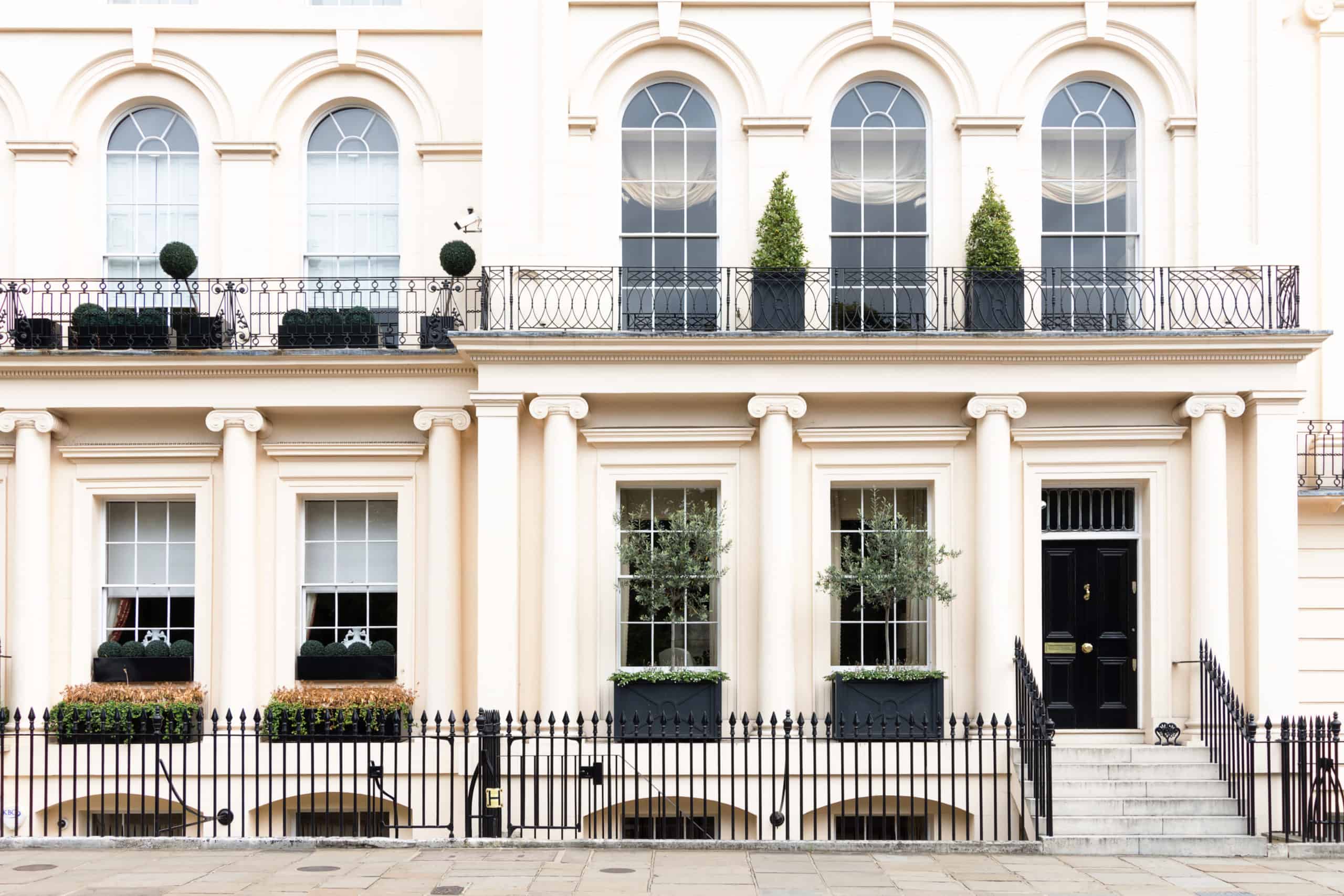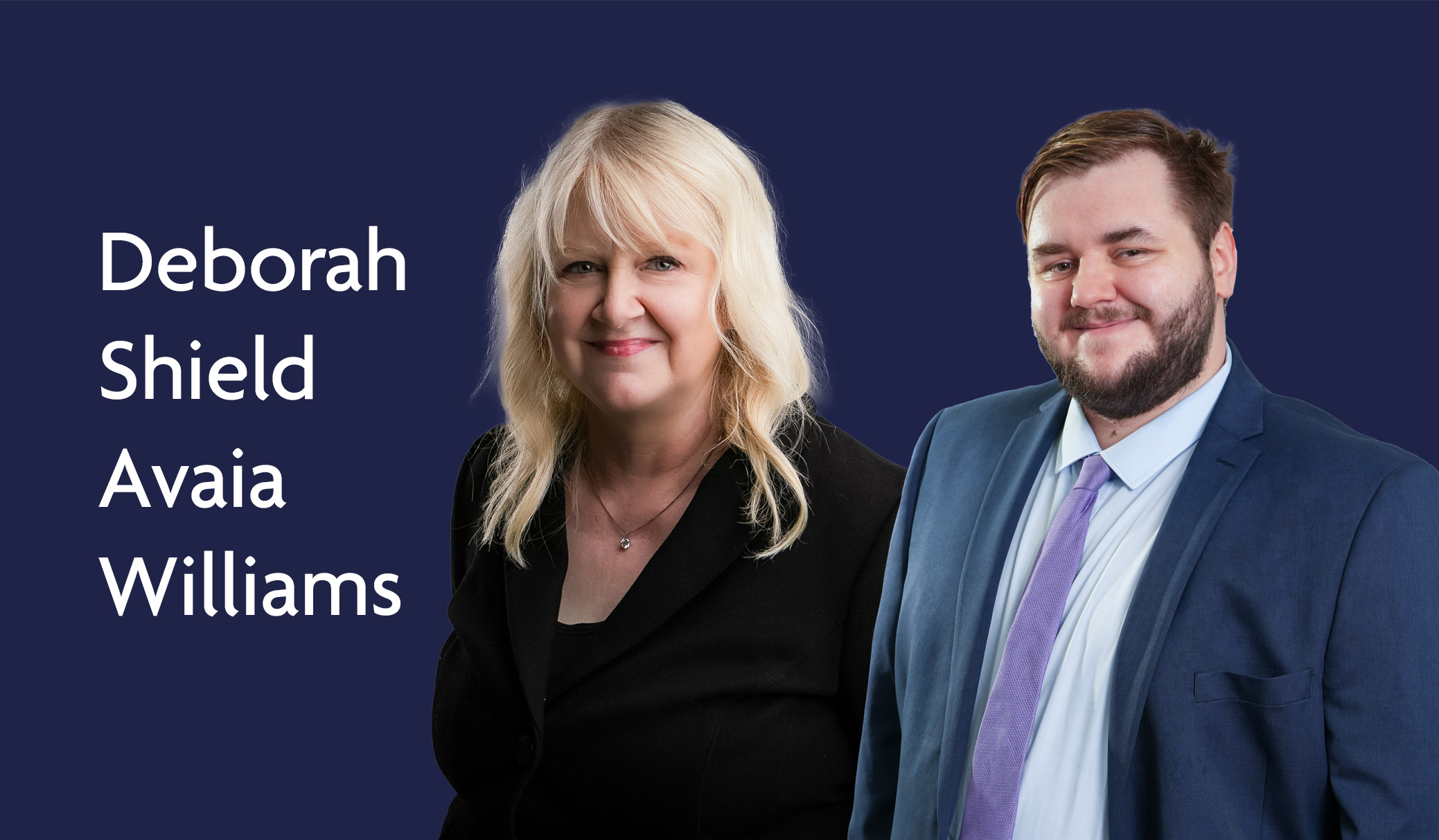Challenging the suitability of expert witnesses in the Coroner’s Court: R (Gamesys Operations Ltd) v HM Senior Coroner Inner London South [2025] EWHC 659
![Challenging the suitability of expert witnesses in the Coroner’s Court: R (Gamesys Operations Ltd) v HM Senior Coroner Inner London South [2025] EWHC 659](https://www.parklaneplowden.co.uk/app/uploads/2024/11/Georgia-Banks-Banner.jpg)
In this judicial review claim, the Administrative Court considered the extent of the coroner’s discretion to call expert evidence and whether expressing an opinion on a matter renders an expert unsuitable due to bias.
Facts
In preparation for an inquest into the death of Mr Adams, who had died in 2020 from cardiac arrhythmia and an overdose of medication, the coroner intended to explore whether gambling, or an undiagnosed gambling addiction, had contributed to his death. Professor Dame Clare Gerada was instructed as an expert in gambling addiction/disorder.
The Claimant and interested party in the inquest, Gamesys Operations Ltd, objected to her appointment claiming that she was biased. Instead, they proposed the instruction of Dr Frazer, a consultant psychiatrist with expertise in gambling disorders.
In response, the coroner chose to instruct both Professor Gerada and Dr Frazer. This failed to satisfy the Claimant, and they issued a judicial review claim. After being refused permission on the papers at first, they renewed their application at an oral hearing. The application was heard by Mrs Justice Lang.
Allegations of bias
The Claimant’s core submission was that Professor Gerada was biased on the basis that she was a “leading antigambling campaigner” who held a fixed and strong negative view on gambling herself. They further submitted that she was unsuitable because she had previously publicly advocated for gambling to be recorded as a causative factor in suicide inquests, led the NHS primary care gambling service funded by “Gamble Aware” and had recently given written evidence to a Select Committee Inquiry contrary to the position of the Claimant.
The Claimant also made allegations of personal conflicts of interest because Professor Gerada had previously been recommended to the coronial court by the family’s solicitors, Leigh Day, her son was a solicitor at Leigh Day and because until 2014, Mr Adams and his family had attended the GP surgery where she practised.
Grounds of challenge
There were four grounds of review:
- The coroner had failed to take into account of or did not accord sufficient weight to concerns about independence and impartiality raised by the Claimant in making his decision on expert evidence.
- Professor Gerada was so obviously partisan that her appointment as expert infected the coroner with bias or gave reasonable apprehension of bias.
- The coroner’s decision was irrational because no reasonable coroner would have appointed Professor Gerada as an expert witness.
- The coroner did not provide adequate reasons for his decision.
The family of Mr Adams opposed the Claimant’s application for judicial review, largely on the basis that Professor Gerada had exercised her duty of independence to the court on numerous occasions and was well-placed to assist the coroner on the issues being investigated.
Judgment
Wednesbury unreasonableness
The Court re-asserted the well-established principle that the coroner’s duty to ensure that relevant facts are fully investigated encompasses a broad discretion on which expert witnesses to call. When the exercise of that discretion is challenged, the Court must consider whether it is Wednesbury unreasonable.[1] Mrs Justice Lang commented that the threshold is very high and it is clear that the Court “cannot dictate what witnesses the coroner calls”.[2]
Irrationality
The Court found that the Claimant had no prospect of success in a rationality challenge. The expertise and qualifications of Professor Gerada were convincingly strong and different to those of Dr Frazer. By inviting both to give evidence, the coroner had made a scrupulously fair and balanced decision.
The suggestion that the coroner had not taken into account the Claimant’s concerns about impartiality and independence was not credible given the extensive submissions the coroner had invited on the subject. The weight afforded to those concerns, and the balance given to the family’s opposing position, was a matter for his discretionary judgment and not for the Court.
In this respect, Mrs Justice Lang noted the Claimant’s own interests in protecting its business reputation and success. She commented that protecting those interests was not the purpose of the inquest, but in any event, it was apparent that the coroner would ensure that evidence given by Professor Gerada did not go beyond the circumstances of Mr Adams’ death and stray into the political aspects of safeguarding potential problem gamblers.
Bias and fairness
Finally, the Court found that in assessing the lawfulness of the coroner’s approach, the most important consideration is one of fairness. Independence and impartiality of an expert may be relevant in considering fairness, but the test is not one of apparent bias, as the Claimant submitted.
In the context of an inquest, the test for fairness must be broad to encapsulate the inquisitorial nature and very broad powers of the coroner. Accordingly, a conflict of interest compromising the independence of an expert will ordinarily only arise when their opinion is or may be influenced by their personal interests. In applying this principle, Mrs Justice Lang found that Professor Gerada was not an unsuitable expert due to her professional interests in and views on addiction and gambling disorders as she was capable of adhering to her duty of independence. The alleged personal conflicts raised by the Claimant were immediately dismissed on the basis that those connections were insufficient to give rise to any arguable conflict.
Ultimately, the Court found that the coroner had conducted the proceedings in a scrupulously fair way and the allegation that inviting Professor Gerada to give evidence infected the coroner with bias was unarguable and had no prospects of success.
Comment
Unsurprisingly given the coroner’s wide discretion, the Administrative Court will be slow to interfere with a coroner’s decision on witnesses. Even when an expert has previously expressed apparently partial views on an issue, it will be difficult to bar them from giving evidence at an inquest when they are capable of adhering to their duty of independence.
It may not have assisted the Claimant that they challenged the coroner’s decision before any expert evidence had been written or conclusions made. The Administrative Court is likely to be even slower to interfere with a coroner’s procedural decision when the impact on the conclusion of the inquest has not yet crystallised. It appears, in this case, the coroner went above and beyond to maintain the fairness of the procedure and as a result, the Court was bound to respect his decision-making.
The judgment is available here.
Georgia Banks is a second six pupil in Chambers and can now receive instructions in personal injury, clinical negligence and inquests.
[1] R (McGuire) v Assistant Coroner for West Yorkshire [2018] EWCA Civ 6.
[2] R (Lin) v Secretary of State for Transport [2006] EWHC 2575 (Admin), at paragraph 56, per Moses LJ).


